Monthly Payment (EMI):
₹0
Total Interest Payable:
₹0
Total Payment:
₹0
Check your Car Loan eligibility in just Few Steps

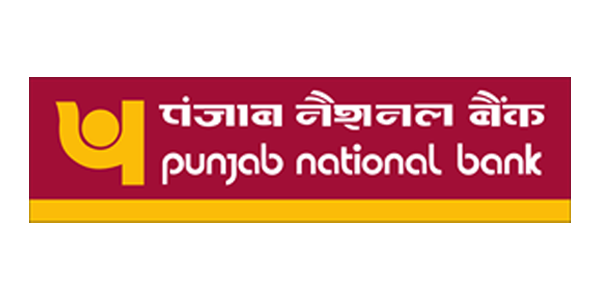

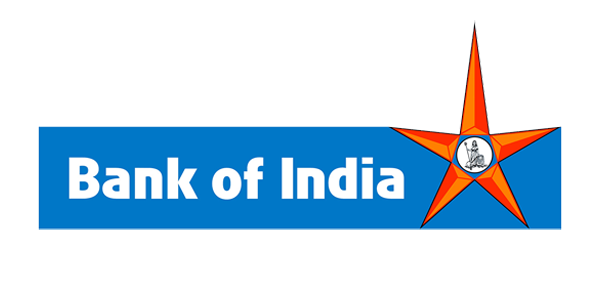


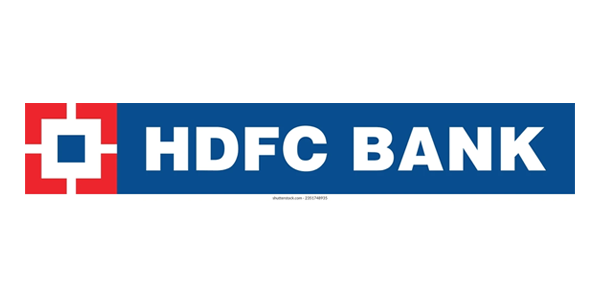




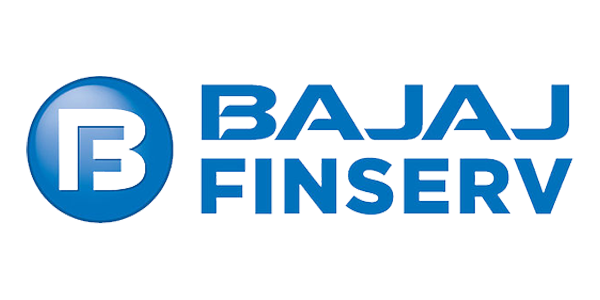


State Bank Of India

Kotak Mahindra Bank

HDFC Bank

ICICI Bank

Axis Bank

State Bank Of India
Loan Amount : Upto Upto 85% of on-road price for new car
Max Tenure : 7 years for new car
Best Rate : 9.20%-9.25% for new car
Processing Fee : 0.50% of loan amount

Kotak Mahindra Bank
Loan Amount : Upto Upto 90% of ex-showroom price of new car
Max Tenure : 7 years for new car
Best Rate : 11.50%-13.50% for new car
Processing Fee : As applicable by the bank

HDFC Bank
Loan Amount : Upto Upto 90%-100% of on-road price for new car
Max Tenure : 7 years for new car
Best Rate : 9.5%-13.75% for new car
Processing Fee : 2% of loan amount

ICICI Bank
Loan Amount : Upto Upto 100% of ex-showroom price of new car
Max Tenure : 7 years for new car
Best Rate : 10.75%-12.75% for new car
Processing Fee : 2% of loan amount

Axis Bank
Loan Amount : Upto Upto 85% of on-road price of new car
Max Tenure : 7 years for new car
Best Rate : 11.00%-12.00% for new car
Processing Fee : Rs. 3,500-5,500 for both new & old cars

Get fast and hassle-free loan disbursal with MyFinFlow. Quick approvals and seamless processing to meet your financial needs promptly.

Experience safe and secure loan processing with MyFinFlow. Your data is protected with top-notch security measures for complete peace of mind.

Enjoy personalized loan solutions tailored to your needs with MyFinFlow. Flexible options designed to fit your unique financial goals.

Our algorithm-based technology provides access to multiple credit offers, ease of comparison and unbiased advice

We value innovation in order to provide cutting-edge financial solutions and improving.

We respect the greatest standards of integrity, transparency, honesty, and ethical behavior.

We put our clients first in all we do, and we work hard to understand their needs and deliver unique solutions with great service.

Through strategic initiatives and continual development, we are committed to fostering growth for both our clients and our company.
Explore the benefits and features of car loans with MyFinFlow. Get easy financing, flexible terms, and low-interest rates to own your dream car today!

Monthly Payment (EMI):
₹0
Total Interest Payable:
₹0
Total Payment:
₹0
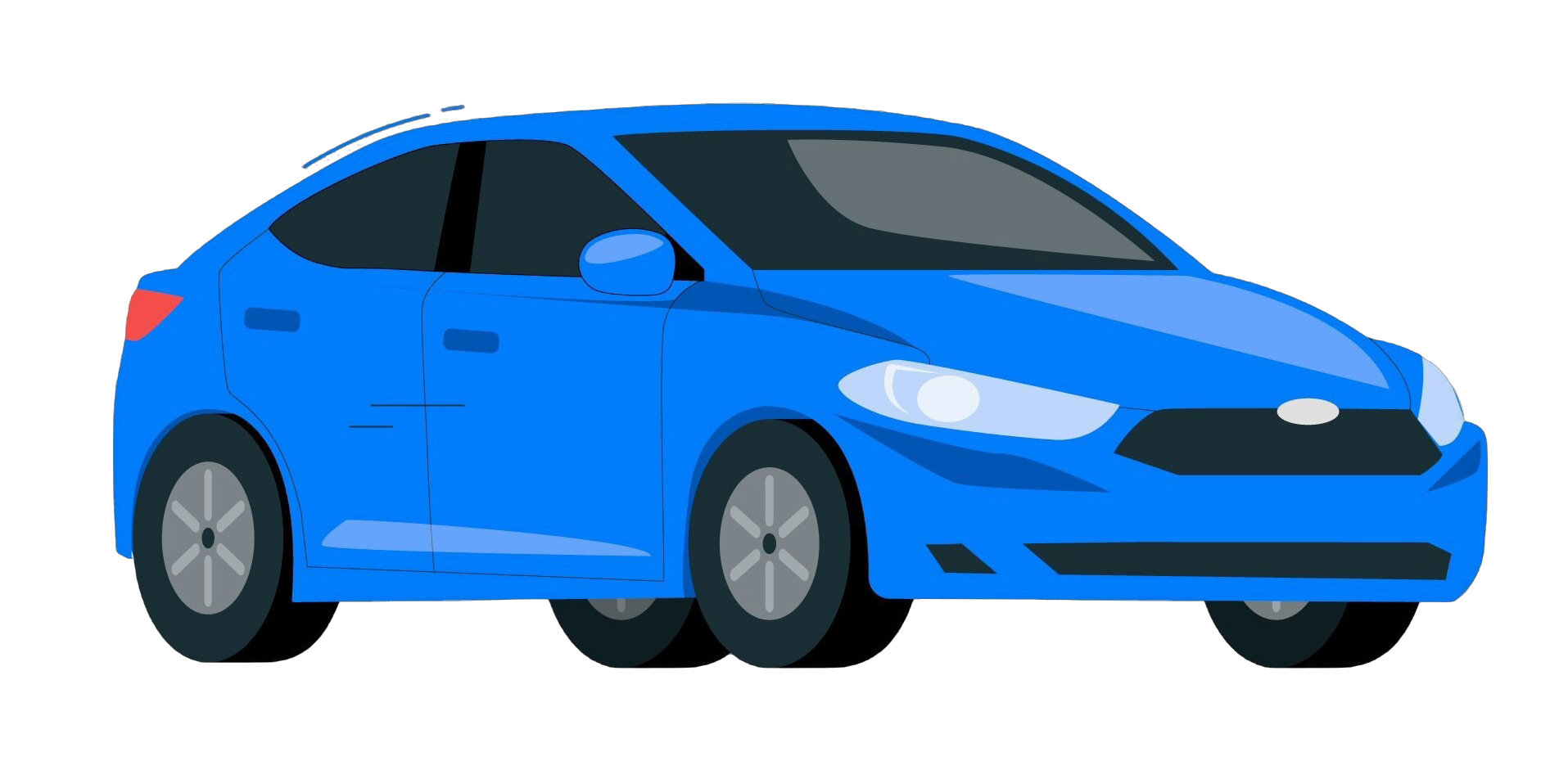
If you're eager to secure funds for that new or used car you've been eyeing, opting for a pre-approved loan can speed up the process. Here are some steps to help you get the required funds quickly:
By following these steps, you can streamline the process and increase your chances of securing a car loan quickly.
When considering a car loan, it’s essential to understand the main components involved:
Understanding these components will help you make informed decisions when taking out a car loan.
Eligibility criteria for car loans can vary from bank to bank, but here are some common requirements:
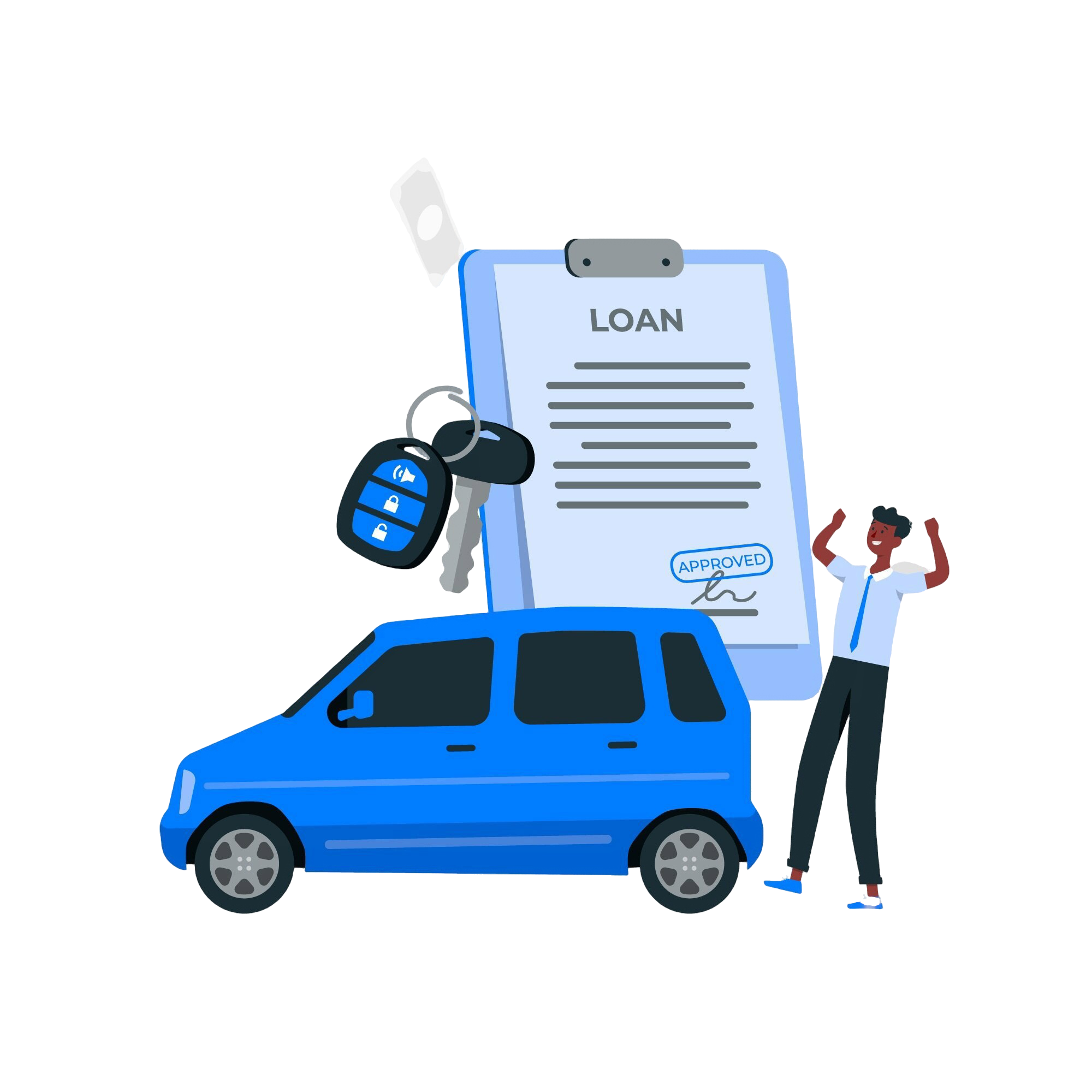
Meeting these criteria is essential for securing a car loan, so be sure to check the specific requirements of your chosen lender!
To establish your eligibility for a car loan, you'll need to submit certain documents. While requirements can vary by lender, here are the common documents typically required:
When financing a significant purchase like a car, many people consider loans as their primary option. Two of the most common choices are car loans and personal loans. Here’s a breakdown of the differences and some pros and cons for each.
Your Equated Monthly Installments (EMIs) will be influenced by several factors:
To find a balance between affordability and loan duration, consider using a car loan EMI calculator.
Most lenders finance a wide range of vehicles, including small to medium-sized cars, commercial vehicles, SUVs, and MUVs.
Generally, a guarantor isn’t required. However, if your annual income falls below the expected threshold, you may need a co-applicant or guarantor.
Repayment tenures usually range from 12 to 84 months (1 to 7 years).
Yes, some lenders offer financing for 100% of the on-road price of the car.
Yes, you can prepay your car loan to save on future interest payments, but most banks allow prepayment only after six months of the loan tenure.
A score above 750 is ideal, but you can still apply if your score is above 600.
Yes, lenders often offer lower interest rates to applicants with higher credit scores.
Lenders typically look for a credit score of at least 750, though some may approve loans for lower scores at higher interest rates.
It's wise to explore all options and compare benefits before choosing. Select the lender—whether a bank or a dealership—that offers the best interest rates and terms for your needs.
Yes, many banks, including SBI and HDFC Bank, provide loans for used cars.
Lenders primarily consider your credit score, employment status, residence stability, income, and debt-to-income ratio.
Your EMI will depend on the interest rate, loan amount, and chosen repayment tenure. You can use an EMI calculator, like the one on BankBazaar, to find this information.
A higher down payment reduces the loan amount, which may result in lower interest rates from lenders.
Yes, HDFC Bank charges a documentation fee of ₹650 for car loans.
Yes, you can pre-close your car loan with HDFC Bank.
No, if you qualify for a pre-approved car loan, you won’t need to submit any KYC documents.